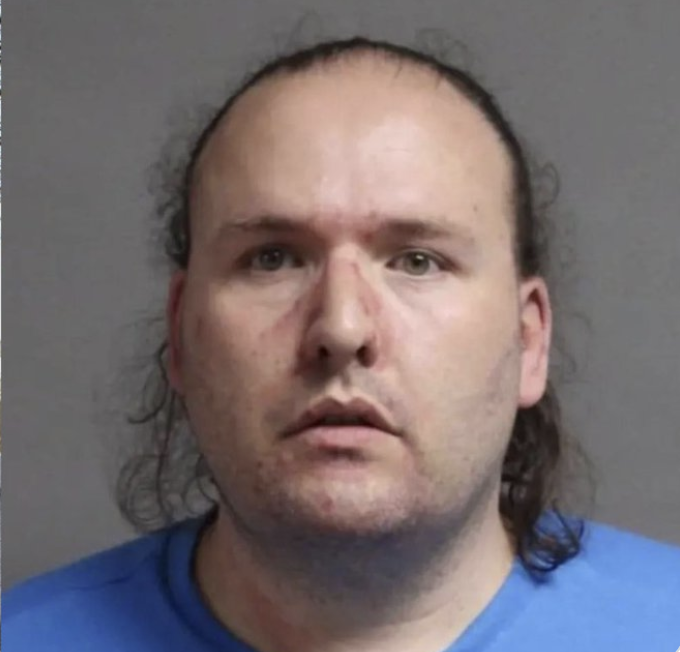Former Sheriff Brave Gambles on Trial After Mediation Fails

Facing 64 years in prison on charges he stole taxpayer money, spent it on his girlfriends, and then lied to a grand jury, former Strafford County Sheriff Mark Brave is rolling the dice on a possible trial.
Brave did not accept the proposed plea agreement reached in mediation by the court-ordered deadline, meaning the case now moves to a jury trial. Brave had until Friday to accept the deal crafted in mediation with Rockingham County Superior Court by Justice Peter Fauver.
“No Notice of Intent to Plea was filed by the parties by May 24, 2024. Accordingly, we anticipate this matter being placed on the court’s trial track, in accordance with Justice Fauver’s report,” Michael Garrity, spokesperson for the New Hampshire attorney general, told Foster’s Daily Democrat.
The mediation was ordered in the case after Brave and prosecutors came to an impasse in plea negotiations. Brave and his attorney Leif Becker refused the Attorney General Office’s proposal, and the state declined Brave and Becker’s counter agreement.
Veteran defense attorney Mark Sisti, who is not part of Brave’s case, said no party is bound to accept any recommended proposal created during mediation. At the end of the day, the defendant is in control.
“The decisions whether to try a case or not try a case are totally on the shoulders of the defendant,” Sisti said.
While it can sometimes be in the best interest of either the defendant or the state, or occasionally both, to avoid going to trial, judges and lawyers cannot stop a determined defendant.
It’s unknown what the sticking point might be in the mediated proposal. Fauver’s mediation report is under seal, as are the previously rejected proposals from the state and Brave. Sisti said that in these situations there is usually something the accused doesn’t like.
“There must have been a point the defendant couldn’t accept,” Sisti said.
Sentences in criminal theft cases typically result in restitution orders that require the defendant to pay back the stolen money. Some prison time is also common in cases with multiple felonies, though defendants taking plea agreements generally get shorter stays in lock up as one of the benefits.
Plea agreements save time in court and money for the state and defendant, as well as allowing both parties to avoid the risk of losing a jury trial. Juries are often seen as unpredictable by prosecutors and defense attorneys.
Judges impose the sentences when the jury is done, and convictions after a trial generally result in significantly more prison time.
Brave is potentially risking a lot by turning down two agreements. He’s charged with several counts of perjury, as well as felony theft and felony falsifying evidence. On top of that, Brave is a less-than-sympathetic character for juries to consider.
The story of a sheriff allegedly maxing out his county-issued credit card to facilitate multiple extramarital affairs is not likely to gain the sympathy of jurors. At one point, Brave admitted to investigators he did not know the name of one of his tryst partners, as there had been so many, according to court records.
While he was being investigated for the alleged thefts, Brave went on a public relations offensive, including playing the race card. Brave made the investigation public knowledge and told media that Strafford County Commissioners were harassing and bullying him, accusing one of being a racist.
After he was charged last year, Brave was caught violating his bail orders by moving out of state, and lying to the court about his money in order to get a free public defense attorney.
Still, Sisti thinks Brave has options before a jury hears about his alleged misdeeds, and unexpected things happen in the run-up to trials.
“It’s not clear the case will ultimately go to trial. A lot can happen,” Sisti said.






